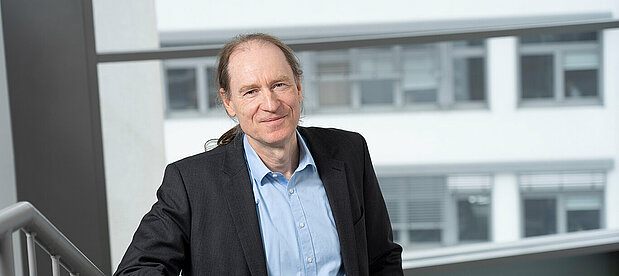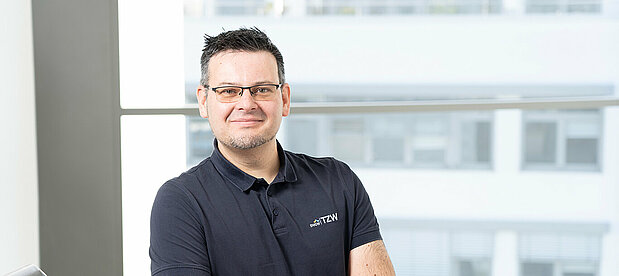The effects of climate change are already evident today resulting in extreme and prolonged dry periods. The use of alternative water resources is thus becoming increasingly important.
Periods of drought, falling groundwater levels and rising water demand pose growing challenges. The use of alternative water sources is becoming increasingly important, especially in water-poor regions of Germany such as the Schweinfurt dry plateau. Due to the geological conditions, precipitation here is very low at around 500 mm per year and the soil stores water poorly.
With Regulation 2020/741, the European Union has set microbiological quality standards for the reuse of non-potable water in order to ensure its safe use for agricultural irrigation and relieve the pressure on freshwater resources.
Pilot project in Schweinfurt: water treatment and tests
The industrial water research project investigated the feasibility and safety of water reuse in agriculture. In collaboration with project partners, a pilot plant for water treatment was investigated at the Schweinfurt wastewater treatment plant. Two water treatment processes were tested:
Train A (minimum treatment according to EU directive): Filtration + UV disinfection
Train B (extended treatment): Ultrafiltration, ozonation, biological activated carbon (BAC) filtration and UV disinfection.
The treated water was tested for microbial and molecular biological parameters, including fecal indicators, human pathogenic viruses, antibiotic-resistant bacteria (ARB) and antibiotic resistance genes (ARGs).
To evaluate the safety of recycled water, various crops (lettuce, tomatoes, melons, onions, celery) were irrigated with the purified water under field and greenhouse conditions. Drip and overhead irrigation were compared.
Central results
The advanced method (Train B) reduced almost all parameters to non-detectable levels and fully complied with EU requirements. In contrast, the EU minimum treatment (Train A) was not always sufficient. Antibiotic resistance genes could still be detected even after extensive treatment.
The same organisms were found on plants irrigated with reused water as on plants irrigated with drinking water. The microorganisms most likely originated from the soil or through contact with animals and not from the irrigation water.
The test of the individual treatment stages (UV, ozone, ultrafiltration) showed a very high removal efficiency of the pilot plant. It was also shown that at least two virus surrogates should be used to evaluate the purification performance instead of just one, as required by the EU regulation.
Conclusion & outlook
The industrial water project shows that treated water can be a safe and sustainable solution for agricultural irrigation.
The fate of antibiotic resistance genes in the environment remains an open field of research. TZW will continue to pursue this question in the follow-up project “Nutzwasser für städtisches Grün, funded by the Free State of Bavaria.
Publications:
Johannes Ho, Javad Ahmadi, Carolin Schweikart, Uwe Hübner, Christoph Schwaller, Andreas Tiehm, Jörg E. Drewes, Assuring reclaimed water quality using a multi-barrier treatment train according to the new EU non-potable water reuse regulation, Water Research, Volume 267, 2024, 122429, ISSN 0043-1354, https://doi.org/10.1016/j.watres.2024.122429.

![[Translate to English:] Prüfstelle-Produktprüfung_Teststand Test centre and product testing](/fileadmin/_processed_/0/9/csm_TZW-Karlsruhe_Pruefung_Geraete-Teststand_377188946c.jpg)























![[Translate to English:]](/fileadmin/_processed_/7/8/csm_nutzwasser_tzw_website_fa860bda28.jpg)

